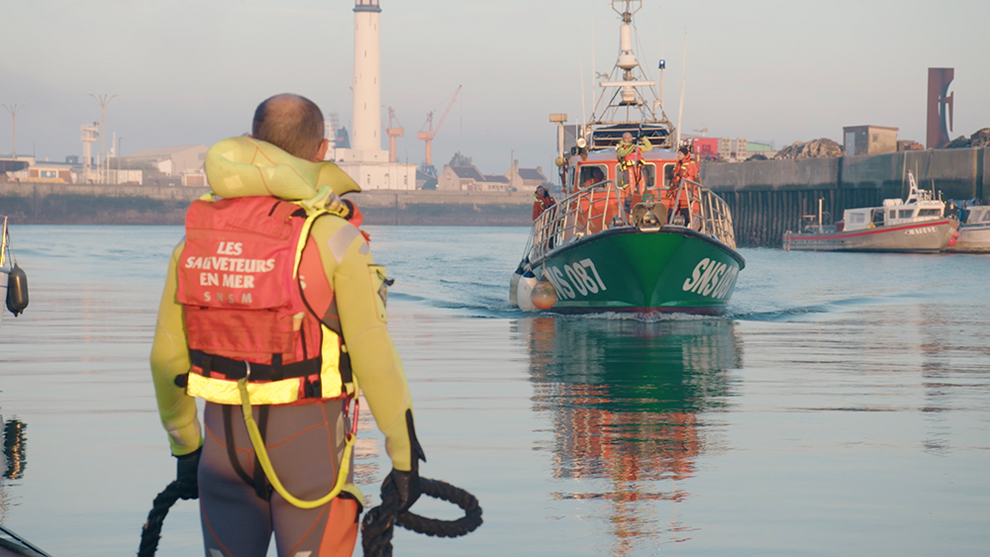International Colloque | Colonial Cities in Global Perspective
Monday
10
Dec.
2018
Wednesday
12
Dec.
2018

Published at 10 December 2018





